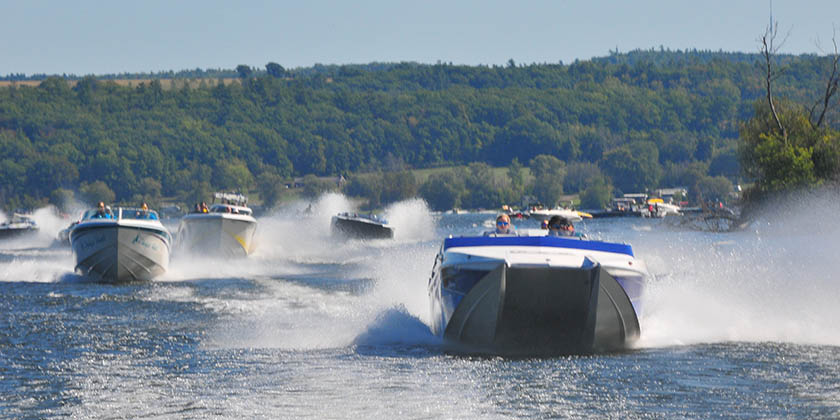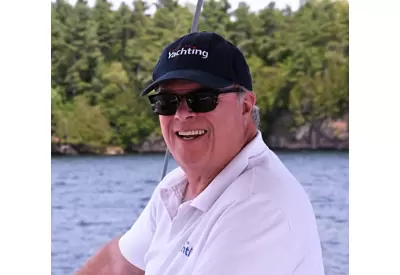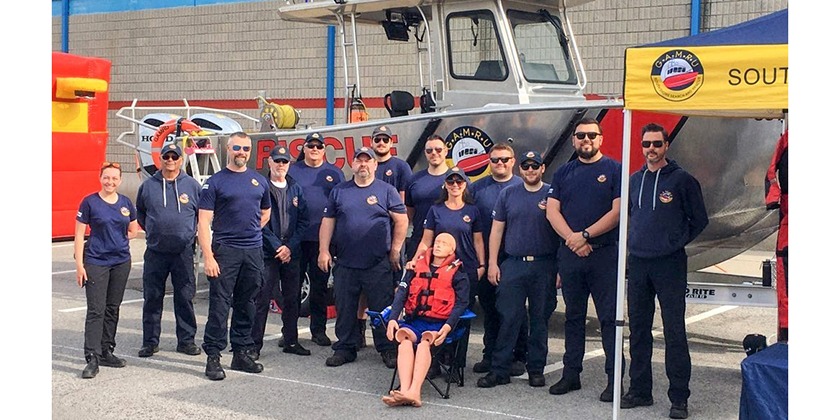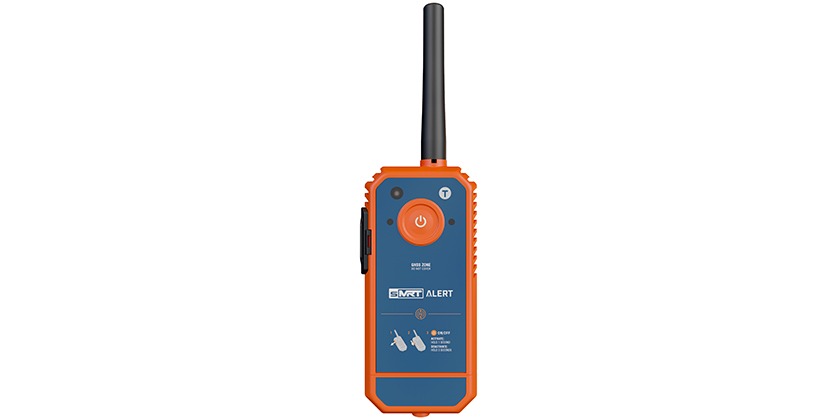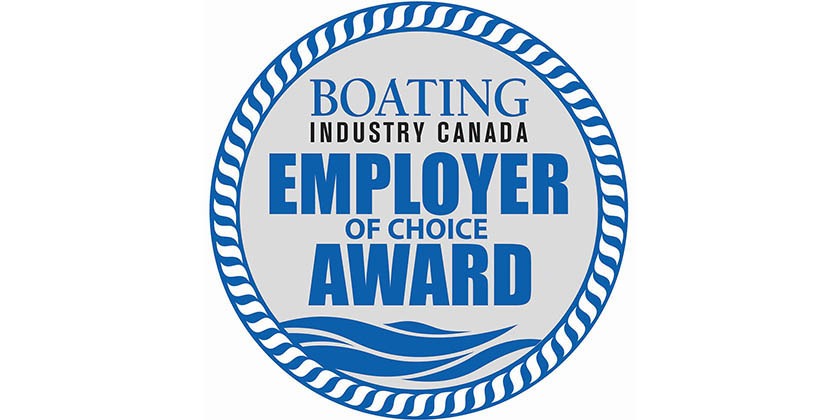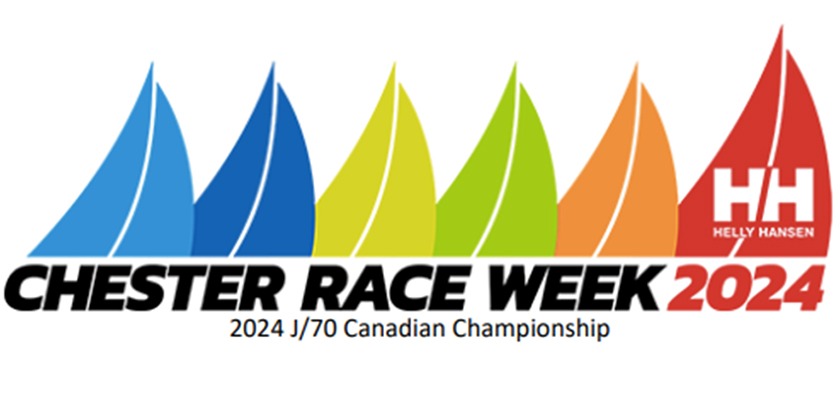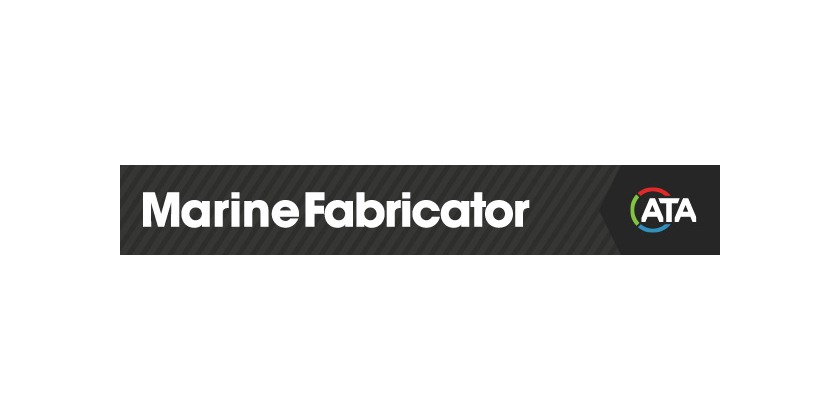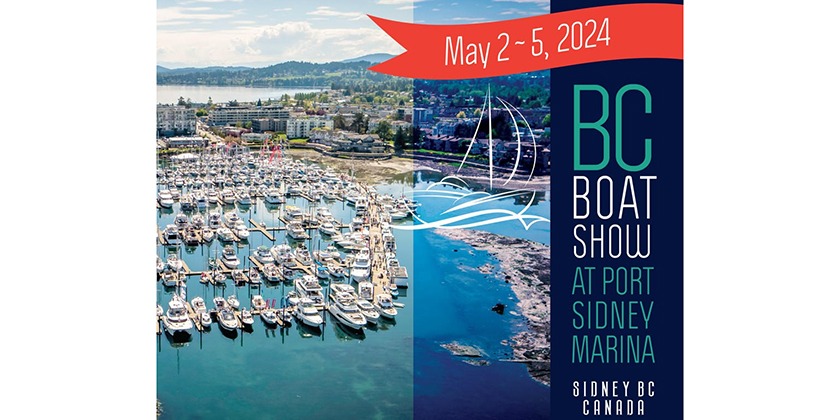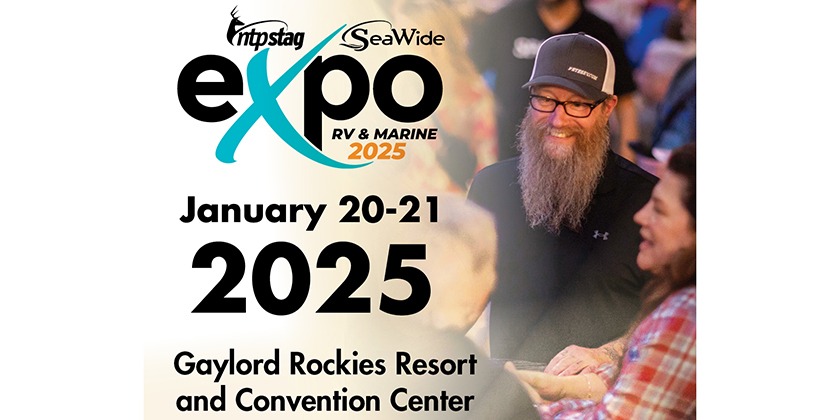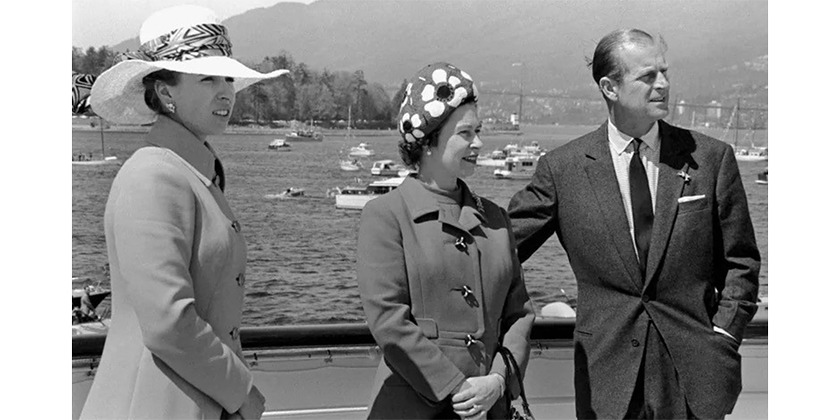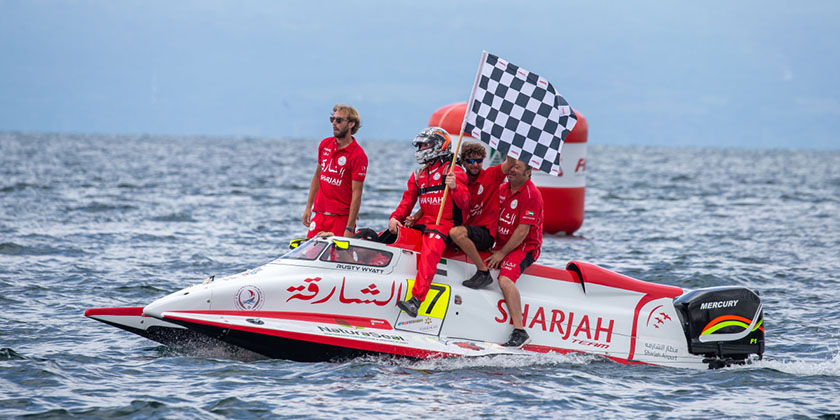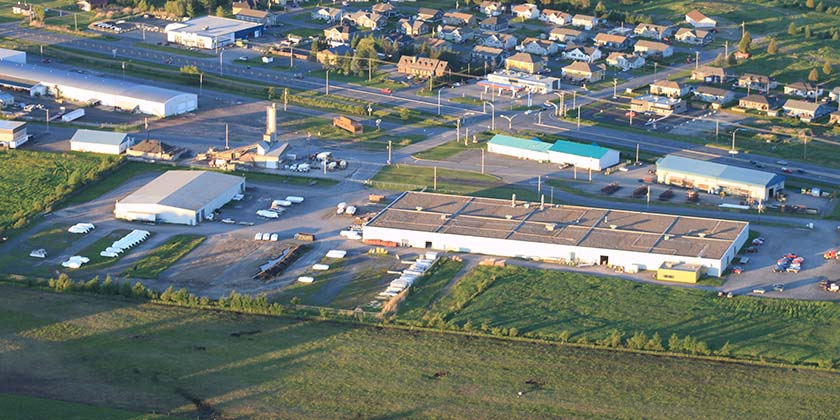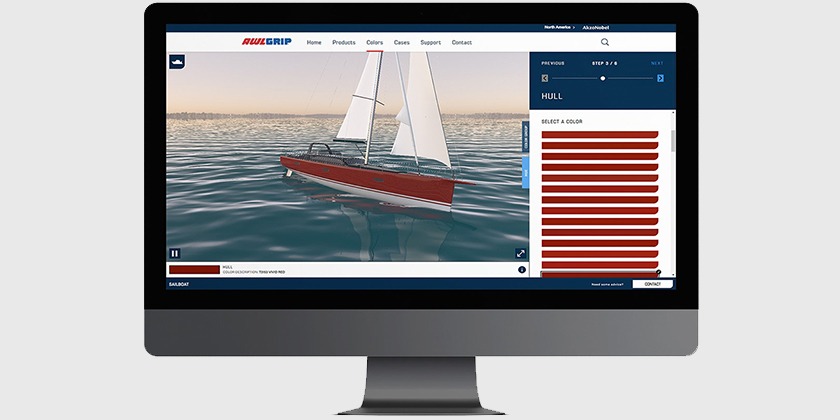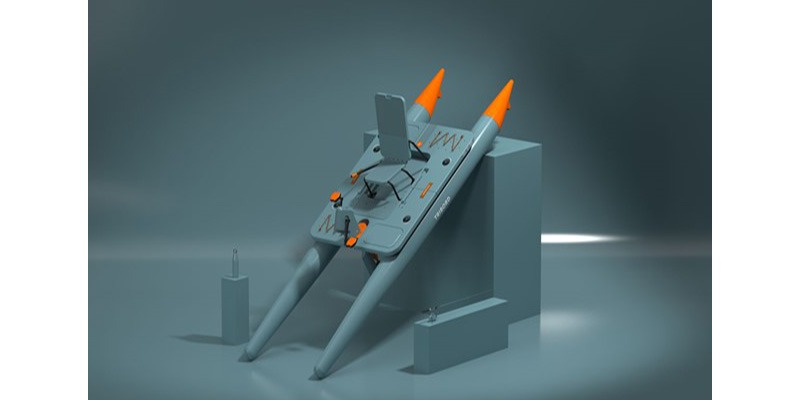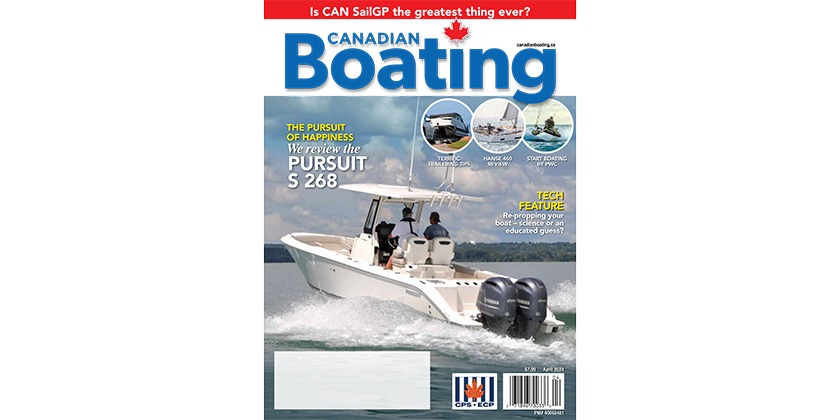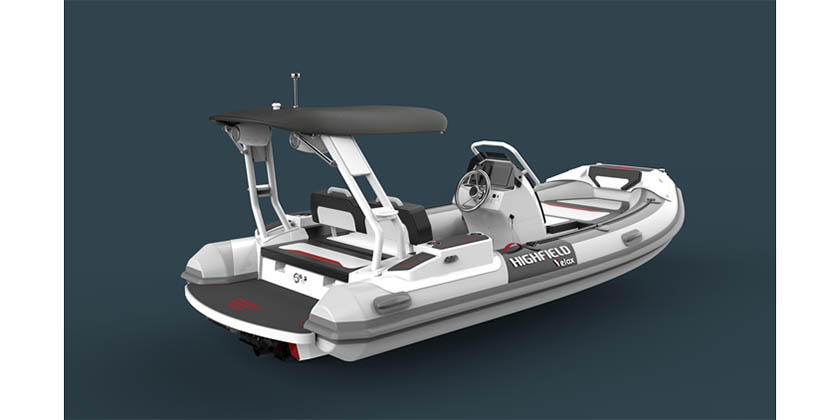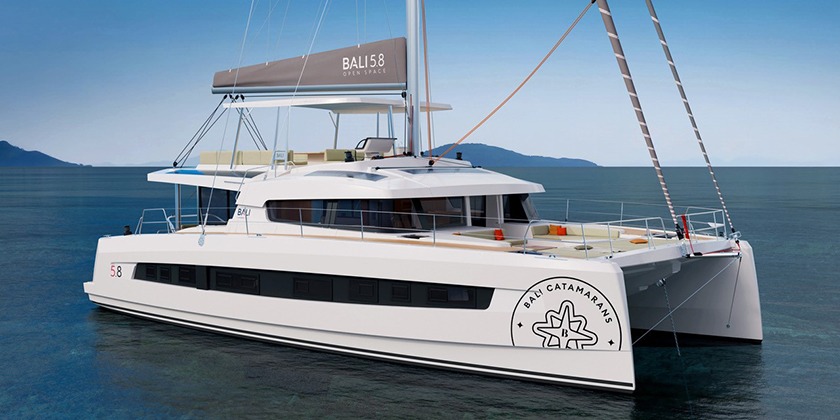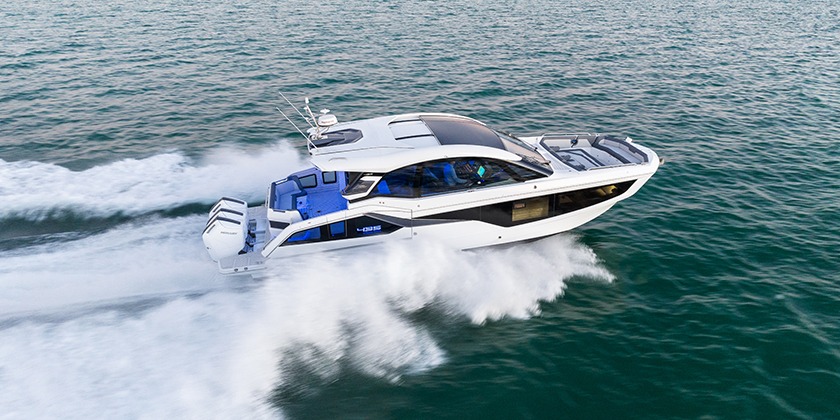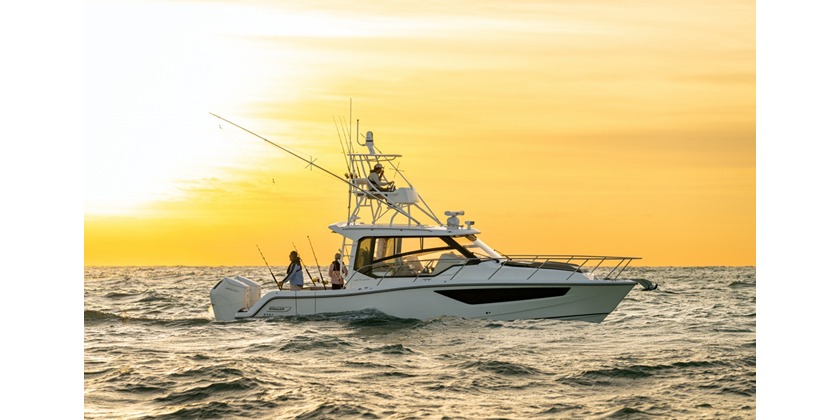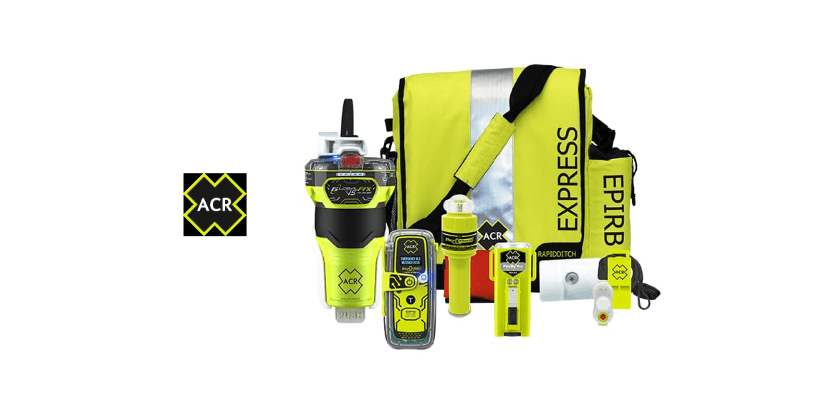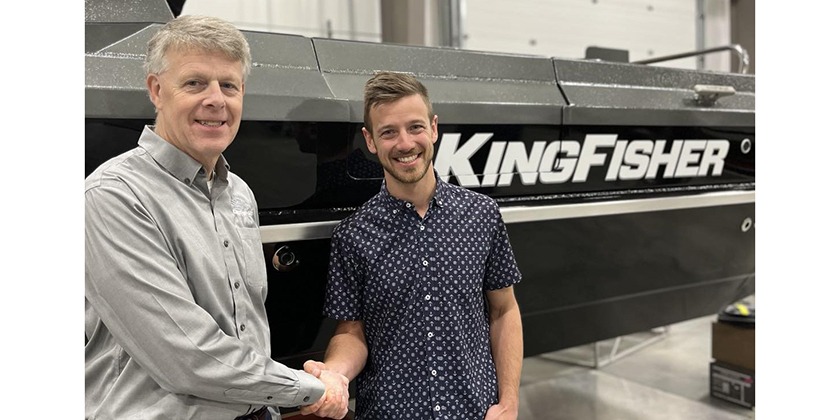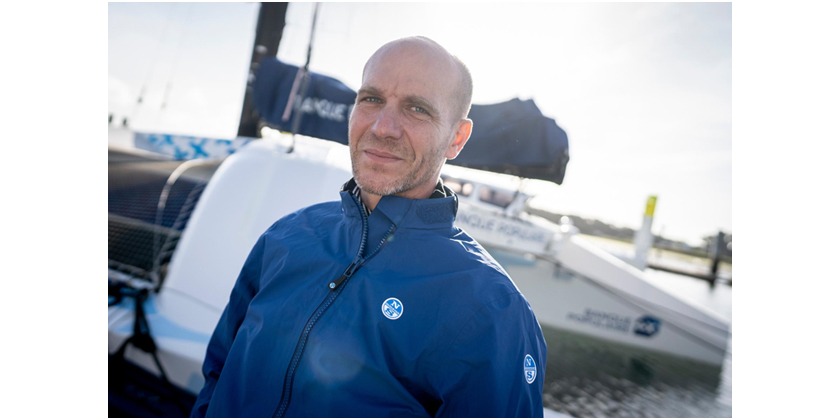Towing & Salvage – Do Your Customers Understand Towing & Salvage for Recreational Boaters?
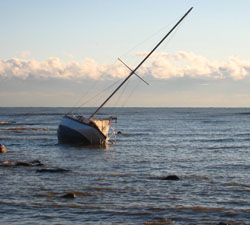
Do Your Customers Understand Towing & Salvage for Recreational Boaters?
By – Drew Robertson, Skippers’ Plan Insurance
The editors at Boating Industry Canada recently became aware of the subtleties and complexities around towing and salvage and the fact the few recreational boaters are likely to know the difference. Also, in the situation where a recreational boater is stranded by an engine failure, running out of fuel or other mishap, they may be upset or panicked and can say the wrong thing to a potential salvor. We turned to Drew Robertson of Skippers’ Plan Insurance to help us all better understand this situation. The properly insured recreational boater is likely covered in either situation but those without comprehensive coverage could be in major trouble even in a minor mishap. Here is what Drew told us.
Recreational boaters rely on the Canadian Coast Guard to render assistance in emergency situations, but if there are no lives at risk, the CCG does not leave the dock. A boat that suffers damage on the water is therefore more likely to receive assistance from a commercial salvage operator. The assistance provided by a commercial operator can range from a simple, inexpensive tow to a full-blown salvage operation with the salvors being entitled to a significant monetary award. Understanding the difference between a tow and salvage can save your customers a lot of problems. Informing your customers of the differences and how they need to manage a situation is the best way to ensure we have a happy and secure boating customer.
What is a Salvage Operation?
The maritime law of salvage dates back 3,000 years and has remained fairly consistent over time. The law exists to recognize and reward an individual who risks themselves and their property to save the marine property of others. To be considered ‘salvage’ the following three conditions must apply:
- The boat must be “in peril”. The classic example is a damaged boat at risk of sinking or one that is on the rocks. This can also apply to situations where there is no immediate danger, but there is a reasonable chance of future harm. An example is a vessel that runs out of gas with a storm approaching.
- The salvage must be voluntary. This means the salvor has no legal obligation or duty to render service. A naval vessel saving a boat is not entitled to a salvage award.
- The salvage must be successful. A salvage award is not earned unless they save the boat, or a portion of it.
If these three conditions are met, the person who does the salvage work is entitled to a salvage award. The service does not need to be provided by a professional tow or salvage operator. A passing boater who renders assistance may also be entitled to a salvage award.
MYTH: A person who finds an abandoned boat and saves it is entitled to full ownership rights.
FACT: The Receiver of Wrecks may arrest or fine anyone who plunders a wreck or interferes with the preservation of a wreck.
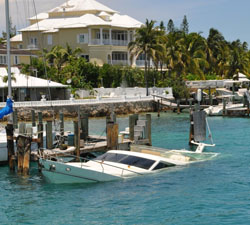 Avoiding the Salvage “Surprise”
Avoiding the Salvage “Surprise”
When receiving assistance, don’t assume it is a ‘tow’ based on an hourly rate unless an agreement has been reached with the towboat Captain. This even applies if receiving assistance from a boat towing company where you have a prepaid towing service contract (for example: SeaTow or BoatUS). Many people have been “towed” to a safe port by one of these companies assuming it was part of their towing contract, then received an enormous bill for a salvage. If there is any actual, or perceived risk, some towboat operators will treat the job as a salvage operation. The worst outcome always starts with the same friendly hail, “Throw me a line and I’ll pull you off” that is accepted without question.
Let’s consider a situation where the owner of a $200,000 yacht intentionally beaches the boat after discovering a leak. If he called his marina they would charge an hourly rate to fix the leak and pull the boat off. This might cost in the neighbourhood of $800 for 3 or 4 hours work. A towboat operator may consider the same boat to be in peril because a bad storm is forecast. If no contractual agreement is established, the towboat Captain may perform the same work then charge $30,000 as a salvage.
There is no obligation to accept assistance from the first boat on site. If time and circumstances permit, the boat owner may choose to make arrangements with another contractor based on an hourly rate. If a customer is presented a contract containing the words “No Cure – No Pay” it is a pure salvage contract. There are also contracts for fixed fee or hourly rate salvage. The only safe course of action is to have a written contract anytime assistance is voluntarily rendered. If it is a tow based on an hourly rate the contract must specify the details.
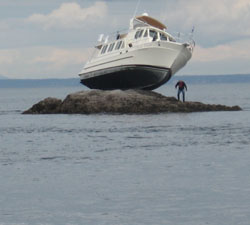 The Salvage Award
The Salvage Award
The award paid for a salvage depends on many factors including the value of the saved property, the degree of danger, the measure of success, the skill and effort of the salvors, the time spent salvaging the boat and expenses incurred to name just a few. The risk for the salvors is they may spend hours saving a boat only to discover it is a total loss. In that scenario the salvor is not entitled to any award.
Salvage & Insurance
The person rendering assistance might tell the boat owner not to worry because their insurance will cover any salvage costs. They don’t know what insurance boat owner has however, so it is a mistake to accept their advice. If a boat owner is covered under a homeowner’s policy, the salvage charges and pollution costs may not be covered. The boat owner also should be sure there is adequate coverage for salvage and wreck removal that is not capped as a percentage of the boat. To avoid costly mistakes make sure your customers know this information before they need to use it.
Most insurance companies provide 24/7 claim reporting, so the boat owner should contact them as soon as possible. A proper marine insurance policy covers salvage charges and the adjuster is in a better position to negotiate the salvage contract. Salvage charges can be a factor in determining if the boat is a total loss which is another reason to get them involved quickly.
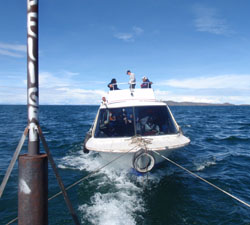 If the boat owner cannot contact their insurance company, there is still an obligation to protect the boat from further damage where possible. The exception being that you should never risk life or personal injury to protect the boat. The reasonable expenses the boat owner incurs to protect the boat are also covered, but the key word is “reasonable”.
If the boat owner cannot contact their insurance company, there is still an obligation to protect the boat from further damage where possible. The exception being that you should never risk life or personal injury to protect the boat. The reasonable expenses the boat owner incurs to protect the boat are also covered, but the key word is “reasonable”.
Conclusion
In the upcoming April issue of Canadian Yachting magazine, we will publish a companion article to this one, alerting boat owners to this situation, but it is clearly in everyone’s best interest to have well informed and well insured boaters. We hope as members of the industry, you will do your part to bring this to the attention of boat owners you are in contact with.
Andy Adams – Editor

